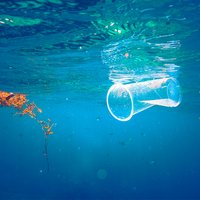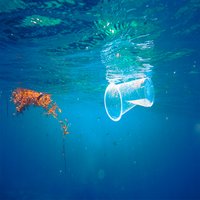Rethinking Plastic
Video to explain the need for a circular economy to protect the oceans

Video to explain the need for a circular economy to protect the oceans

In 2050 there will be more plastic waste than fish in the oceans. With that horror scenario in mind, the ResponSEAble project, funded as part of the Horizon 2020 research programme, aims to raise awareness of the impact European citizens have on the oceans. A new video with contributions from the Wuppertal Institute shows how environmental services can contribute to the protection of the oceans.
Professor Richard Thompson of the Plymouth University (England), a marine plastic pollution expert, and David Smith, Science and Policy Manager at "Surfers Against Sewage", explain how the variety of plastic waste ends up as microplastic pollution in the ocean - and how it harms sea animals and ultimately human health. According to Dr. Henning Wilts, Head of Wuppertal Institute's Research Unit Circular Economy, dismissing the current, linear economy model – which means producing, using and throwing products away – and implementing a circular economy model of recycling, would eliminate the problem of plastic waste. The video furthermore introduces smaller companies in Germany and France to show business models that reduce the use of throwaway and plastic packaging.
The video "Rethinking Plastic" is available under the following YouTube link.
